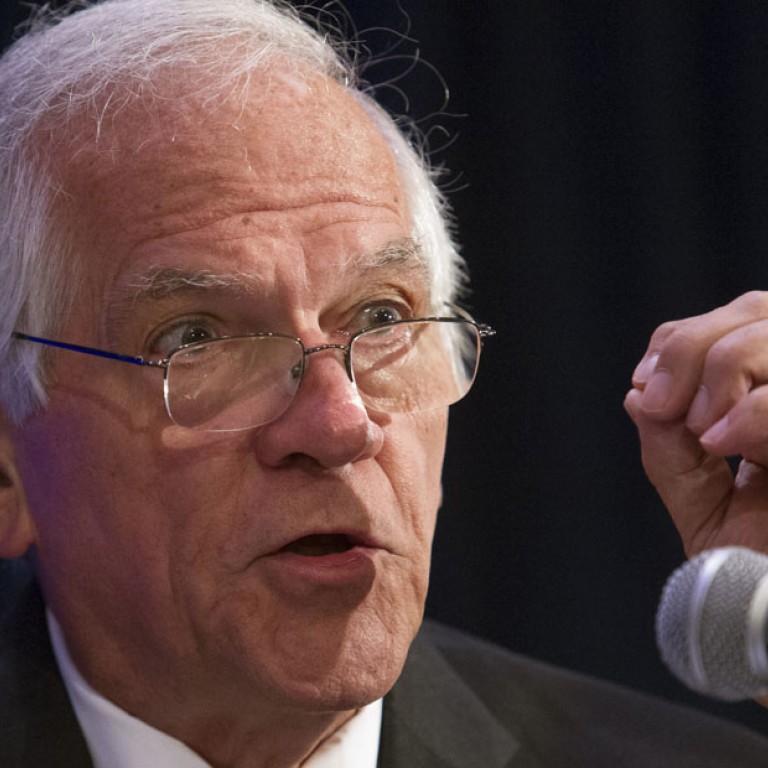
Secret court still not out in the open
Despite being stuck in a Moscow airport transit hotel with no passport and few people ready to help him, Edward Snowden may have scored a first victory, albeit a small one, in his quest to bring details about the secret US surveillance to the public's reach.
Despite being stuck in a Moscow airport transit hotel with no passport and few people ready to help him, Edward Snowden may have scored a first victory, albeit a small one, in his quest to bring details about the secret US surveillance to the public's reach.
On Tuesday, the Foreign Intelligence Surveillance Court asked the Justice Department to release details of the court's decision in 2008 sanctioning the collection of bulk e-mails and phone metadata after Yahoo objected to the government plan. It's the first such request by the secret court.
But it allowed the authorities to redact portions it felt necessary and withhold information it feels should be classified. So don't hold your breath yet.
US President Barack Obama in the days after Snowden's leaks surfaced said he welcomed a debate about privacy and security. The problem, however, was few until then had heard of this secret court. Even those who had could not know why and how the court was arriving at decisions. The court sits in a sealed, windowless room. It has received more than 20,000 requests for surveillance since the September 11, 2001 attacks and rejected just 11. Until now, even reporting that the court had held a hearing was not allowed.
Yesterday, Microsoft also pitched in. In a letter, the company asked the government to let it reveal its dealings in this matter. "The constitution itself is suffering" from the ongoing secrecy, it told Attorney General Eric Holder.
National security is not a subject to be bandied about openly, everyone knows that. But when secrecy hits a level where the rules of the game are unknown, it is as good as having no rules at all.
Snowden grabbed the headlines with his arrival in Hong Kong and subsequent actions, making the messenger more important than the message. And it continues to be.
However, the mounting concern in the US about this surveillance is also having some impact. That's why Yahoo went to court again on July 10 and the FISA court judges, who are being portrayed as mere rubber stamps by critics, are now seeking to address the issue in public. Not a giant leap yet, but still a step forward nevertheless for Snowden and his cause.

